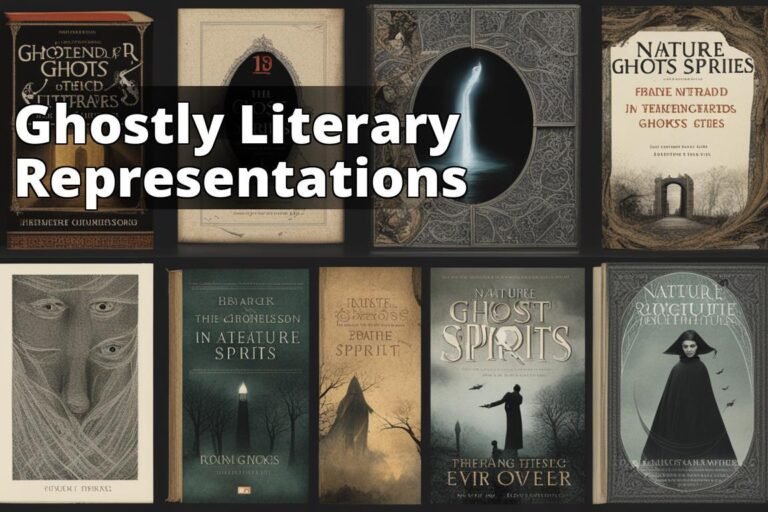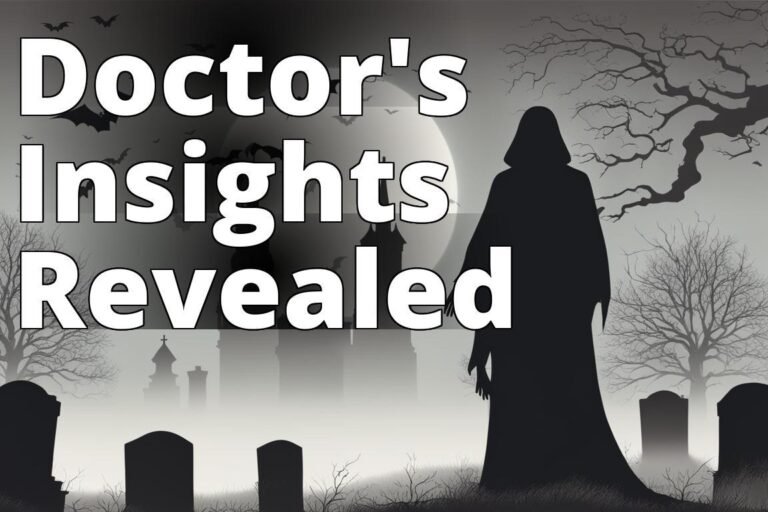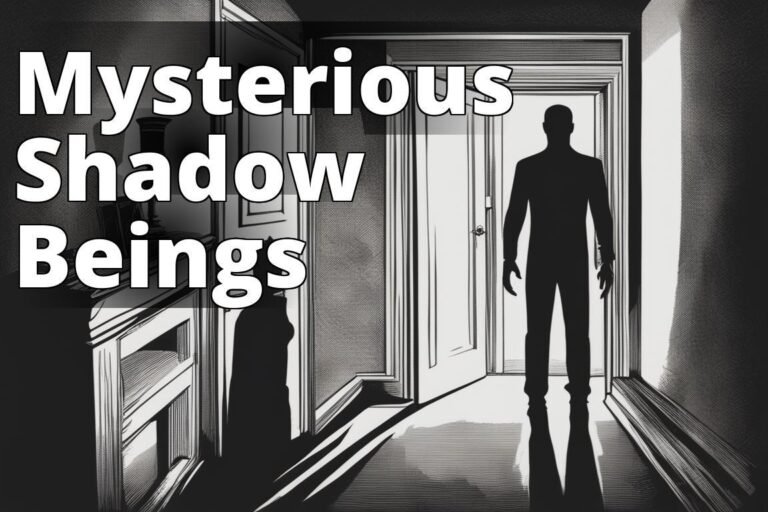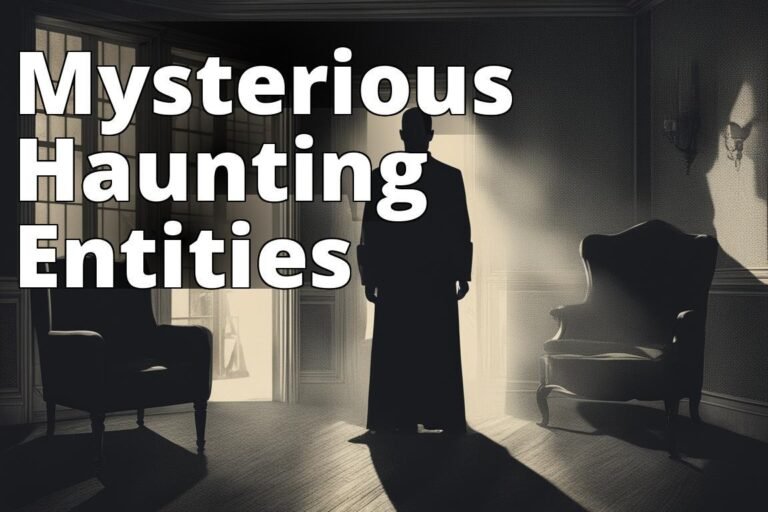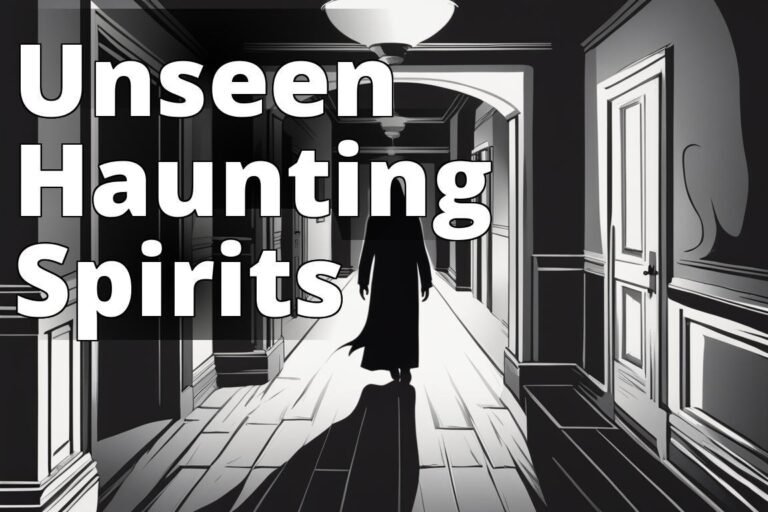The 10 Most Terrifying Ghost Stories in Literature
What do ghosts represent in literature? Often seen as mere spooks and specters meant to scare children into obedience, ghosts in literature embody far more profound meanings, reflecting societal fears, personal anxieties, and the universal dread of the unknown. The best ghost stories, those that send genuine chills down your spine, do so not only through their eerie settings and supernatural elements but also by tapping into the deep-seated fears that lie dormant within us all. Here, we’ll dive into the 10 most terrifying ghost stories in literature, revealing not just what makes them so spine-tingling but also what they signify about the human condition.
The 10 Most Terrifying Ghost Stories in Literature
1. The Signal-Man by Charles Dickens
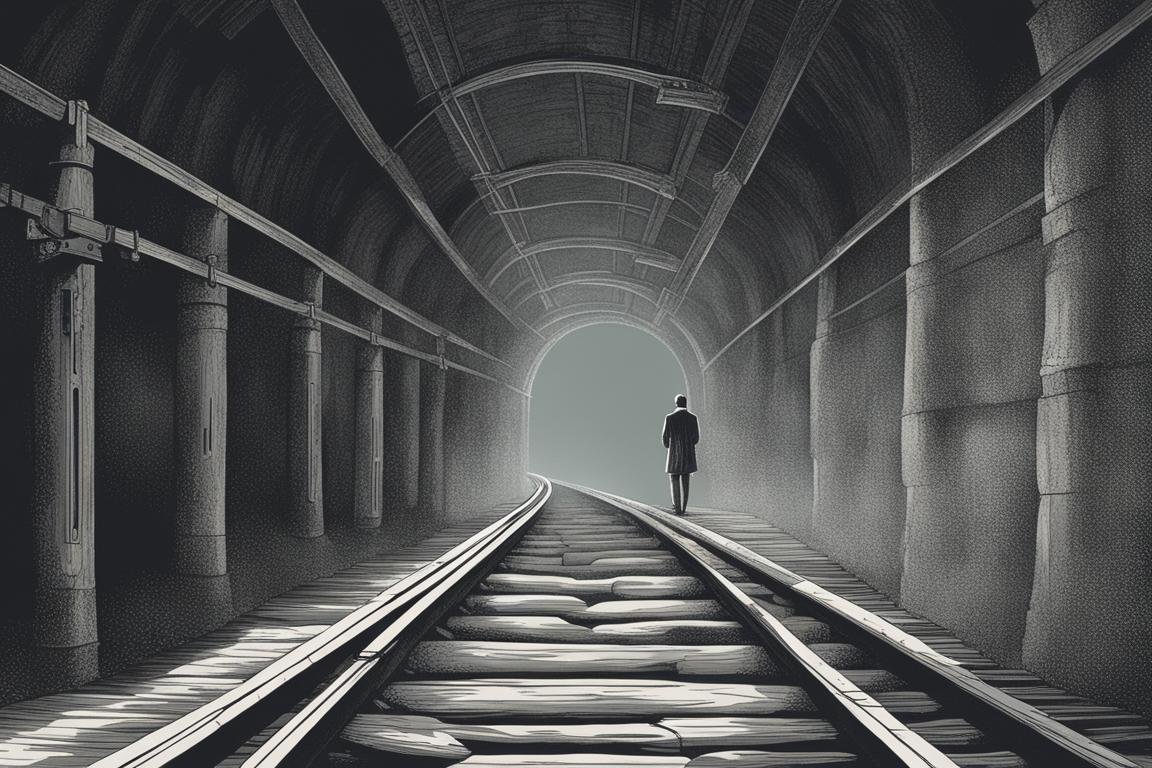
Charles Dickens’ The Signal-Man is a masterpiece of suspense and psychological horror. The story, set in a railway cutting, revolves around a signalman haunted by forebodings of disaster, communicated by a specter that appears at the mouth of the tunnel before fatal accidents on the line. Dickens uses the ghost as a symbol of industrialization’s unforeseen consequences, reflecting societal anxieties about the rapid technological advancements of the era.
2. The Beckoning Fair One by Oliver Onions
This tale delves into the psychological unraveling of a writer who becomes obsessed with a spectral presence in his apartment. Oliver Onions masterfully blurs the lines between reality and hallucination, making it a haunting examination of loneliness and the creative process. The ghost here represents the consuming nature of artistic pursuit, as well as the isolation it often entails.
3. The Jolly Corner by Henry James
Henry James’ story of Spencer Brydon, who encounters a spectral version of the man he might have been had he stayed in America, is a chilling exploration of self and identity. The ghost in The Jolly Corner symbolizes the paths not taken, the potential selves that haunt our every decision, making it a deeply introspective and unsettling narrative.
4. The Open Window by Saki

In this short story, Saki employs a ghost story within a story to explore themes of deception, grief, and the power of storytelling. The twist ending, where the supposed ghosts are revealed to be very much alive, serves to underscore the idea that sometimes, the living can haunt us more profoundly than the dead.
5. The Willows by Algernon Blackwood
Algernon Blackwood’s The Willows is a masterpiece of atmospheric horror, where the supernatural entities are as ambiguous as they are terrifying. Set against the backdrop of a remote wilderness, the ghosts represent the incomprehensible and overpowering forces of nature, reminding us of our insignificance and vulnerability in the face of the unknown.
6. Oh, Whistle, and Ill Come to You, My Lad by M.R. James
M.R. James’ story of an antiquarian who unwittingly summons something unspeakable with an ancient whistle he finds is a classic of the ghost story genre. The ghost serves as a warning against the dangers of intellectual hubris, suggesting that some knowledge is best left undiscovered.
7. The Yellow Wallpaper by Charlotte Perkins Gilman
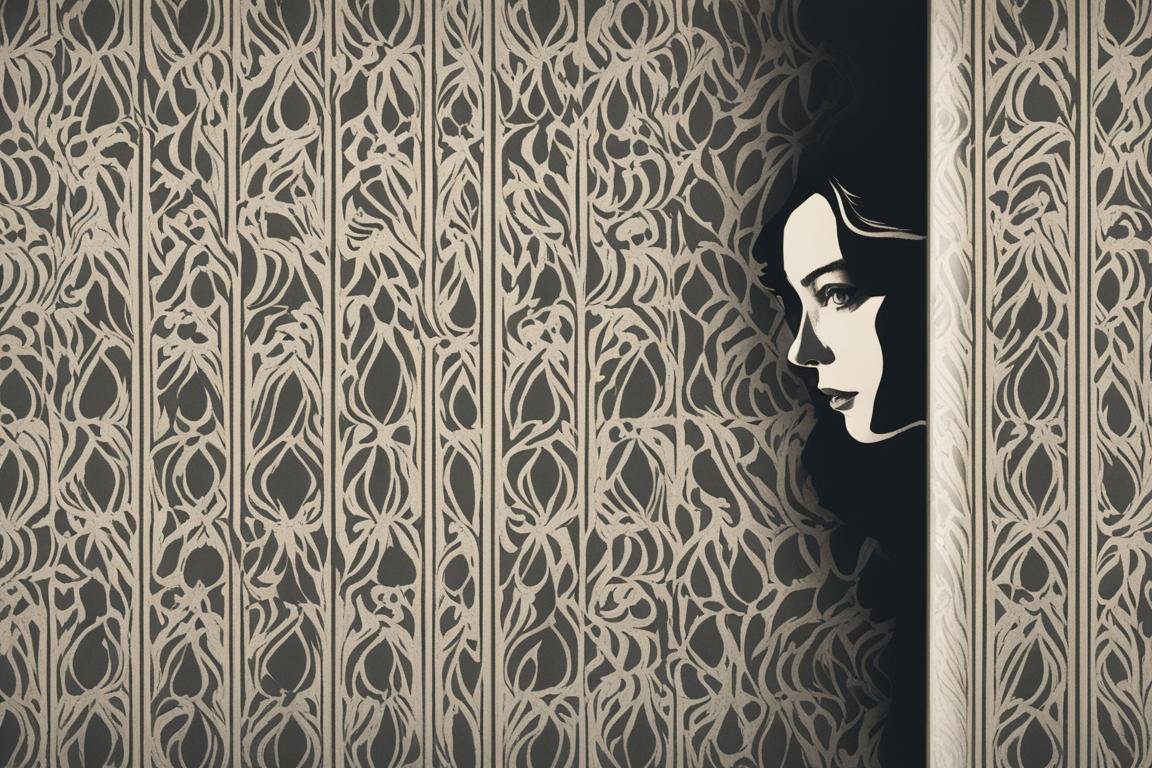
While not a ghost story in the traditional sense, The Yellow Wallpaper uses the motif of haunting to explore themes of mental illness, female oppression, and the stifling nature of Victorian society. The specters that the protagonist sees in the wallpaper symbolize the trapped and silenced women of her time, making this story a powerful feminist statement.
8. The Haunting of Hill House by Shirley Jackson
Shirley Jackson’s novel is a seminal work in the haunted house genre, where the eponymous mansion itself is as much a character as the people it torments. The ghosts of Hill House, both literal and figurative, represent the past’s inescapable influence and the inner demons that haunt us all.
9. The Woman in Black by Susan Hill
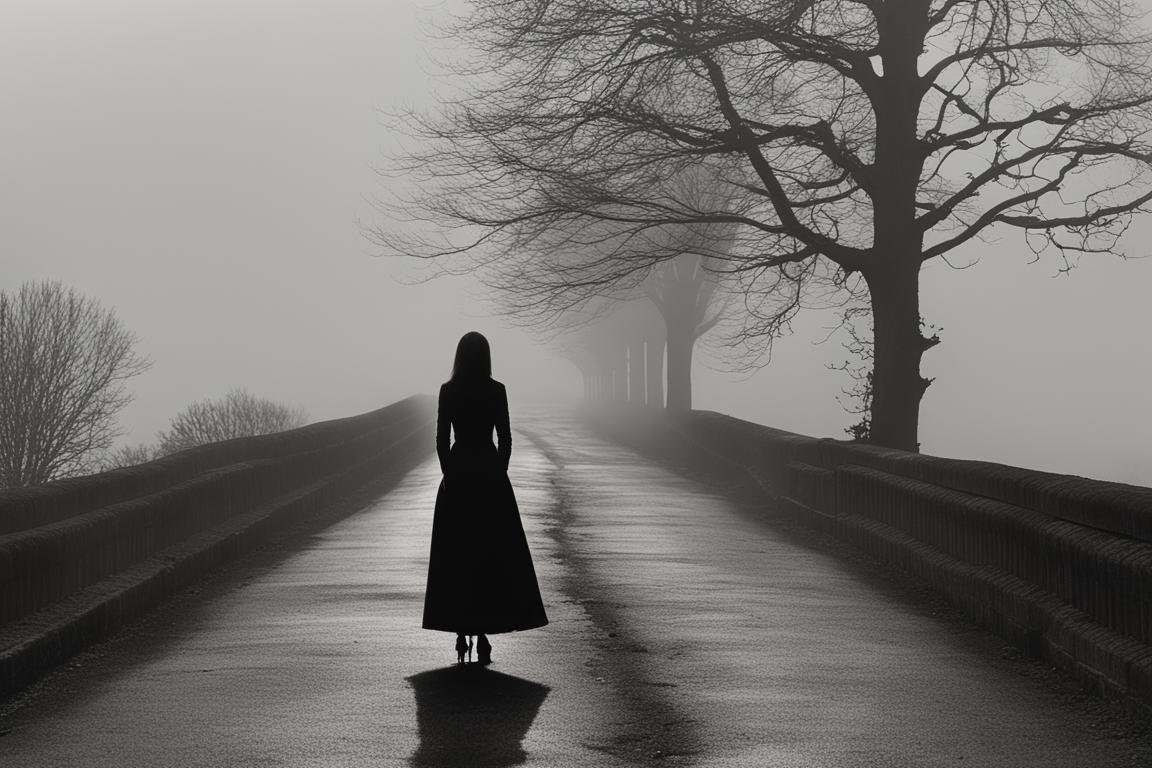
Susan Hill’s modern classic is a tale of revenge from beyond the grave, where the ghost of a scorned woman brings death to the children of a small English town. The Woman in Black is a manifestation of unresolved grief and rage, serving as a chilling reminder of the consequences of societal neglect and injustice.
10. The Little Stranger by Sarah Waters
Sarah Waters’ post-war Gothic novel blurs the lines between psychological thriller and ghost story, with Hundreds Hall standing as a decaying symbol of Britain’s crumbling class system. The ambiguous nature of the haunting reflects the characters’ psychological traumas and the societal upheaval of the time, making the ghost an emblem of change and the anxiety it brings.
Insider Tip: For those looking to delve deeper into the psychological underpinnings of these tales, consider how each ghost story reflects the fears and anxieties of its time. From the industrial revolution to post-war societal changes, ghosts in literature often embody the zeitgeist of the era in which they were written.
In conclusion, the best ghost stories are those that do more than simply scare us; they make us think, feel, and reflect on the nature of our fears. They serve as mirrors, reflecting not just personal anxieties but also the collective dread of the society from which they emerge. In exploring what ghosts represent in literature, we uncover not only the depths of human imagination but also the enduring power of the ghost story to captivate, terrify, and enlighten.
For more thrilling explorations into the supernatural and the stories that have defined our understanding of it, visit our homepage at Thin White Lies.
Questions
Who are the most common ghost figures in literature?
Ghosts in literature often symbolize unresolved issues or guilt.
What purpose do ghosts serve in literary works?
Ghosts in literature can represent a link between the past and present.
How do ghosts add to the atmosphere of a story?
Ghosts in literature create an eerie and mysterious ambiance.
What if I don’t believe in ghosts, can I still enjoy ghost stories?
Even if you don’t believe in ghosts, you can appreciate the symbolism they represent in literature.
How do authors use ghosts to convey messages?
Authors often use ghosts in literature as a way to explore themes such as redemption or the consequences of actions.
Isn’t the concept of ghosts in literature outdated?
No, the representation of ghosts in literature continues to evolve, adapting to modern themes and interpretations.


